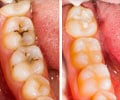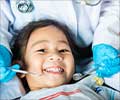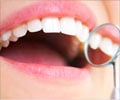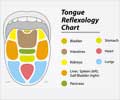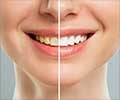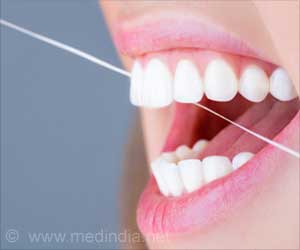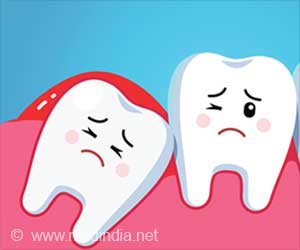In India, around 65% children are affected with caries, a tooth decay commonly called cavity. Brushing should be started in the first year of a child's life.

"If you suspect that your child has cavity, make an appointment with a paediatric dentist. They can examine your child's teeth for signs of decay and then recommend treatment based on the extent of tooth decay," she asserted.
Explaining the treatment procedure, she told the parents of toddlers that dental filling is common for infants and children who have one or more cavities. Fillings can take place on permanent teeth, as well as on baby teeth.
"During the procedure, the dentist removes the tooth decay and then fills the hole with a white composite or metal material. Filling a cavity that forms on a baby tooth can save or preserve the tooth," Sharma said, adding that saving the tooth is important because losing baby teeth prematurely can cause a permanent tooth to improperly come in.
She pointed out that it is only in the cases of a severe tooth decay that a dentist advises for a dental crown, typically silver in colour.
If the tooth is badly damaged or has an infection, the baby tooth may need to be extracted, she said.
Advertisement
"Parents of younger babies should take care of infant oral care. Even if your baby doesn't have teeth, their mouth still has germs. So wipe their gums with a soft cloth after each feeding, and gently brush their teeth twice a day with a pea-size amount of kid-friendly fluoride toothpaste," Sharma elaborated.
Advertisement
Source-IANS

